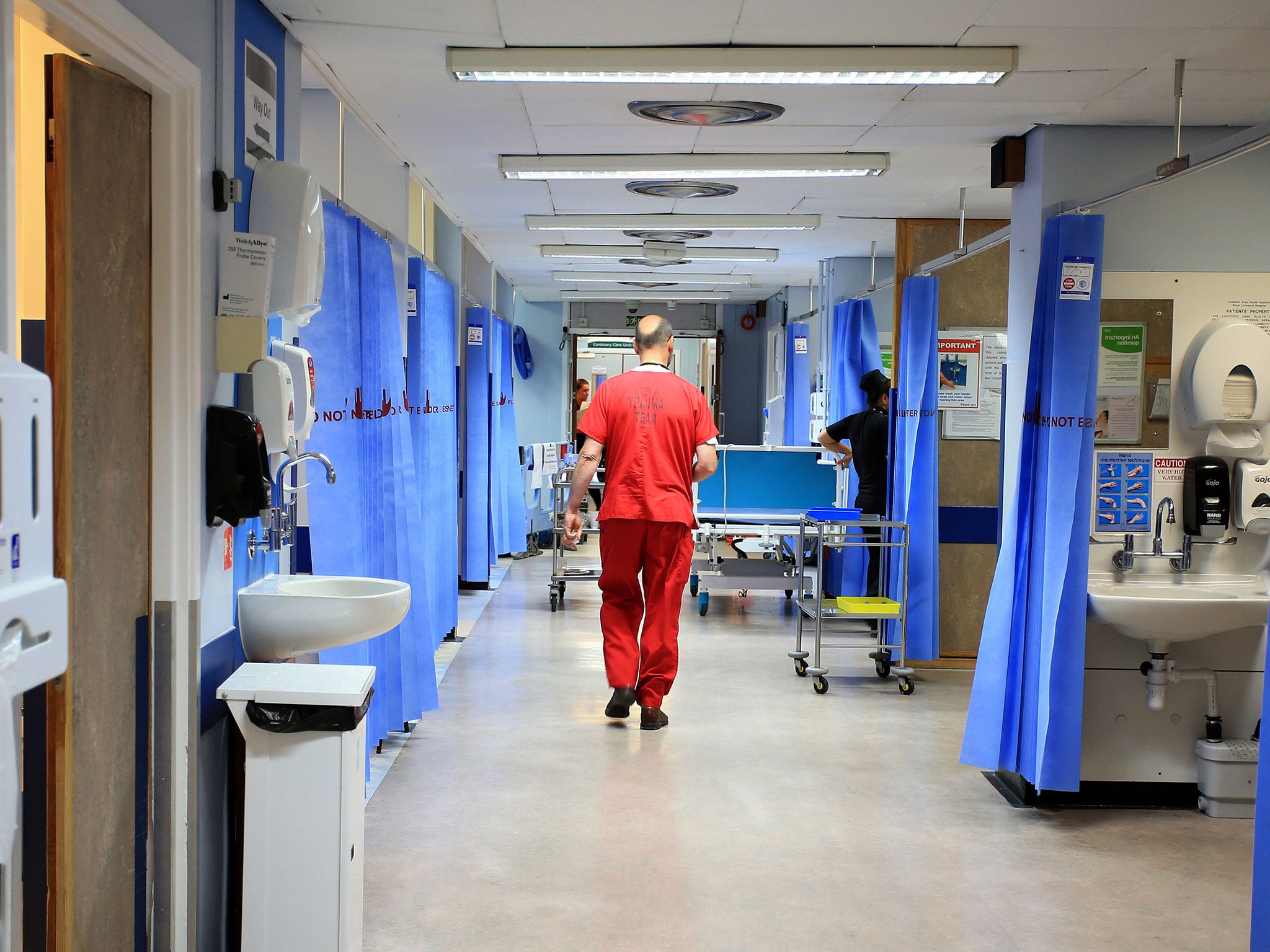Healthcare worker catches Covid twice in less than three weeks
Reinfections are now playing an increasingly prominent role in fuelling pandemic, data suggests

A healthcare worker caught Covid on two separate occasions over the course of just 20 days, a new study has shown.
It is believed to be the shortest recorded time between two infections since the start of the pandemic. Since the arrival of the highly infectious Omicron variant, reinfections have become far more prominent.
The 31-year-old woman from Spain first became infected with Delta in December 2021 – 12 days after she had received her Covid booster vaccine.
After testing positive through routine healthcare testing, the women went into isolation for 10 days. She did not display any symptoms.
But just days after returning to work in January, she started to develop a cough and a fever and began feeling generally unwell. She subsequently took a test, which yielded a positive result.
Lab analysis showed that she had initially been infected by the Delta variant, followed by Omicron.
Her case, which is being presented to the European Congress of Clinical Microbiology and Infectious Diseases in Portugal, is believed to represent the shortest recorded time between two separate infections.
Dr Gemma Recio of the Institut Catala de la Salut in Spain, who is one of the study’s authors, said: “This case highlights the potential of the Omicron variant to evade the previous immunity acquired either from a natural infection with other variants or from vaccines.
“In other words, people who have had Covid-19 cannot assume they are protected against reinfection, even if they have been fully vaccinated.
“Nevertheless, both previous infection with other variants and vaccination do seem to partially protect against severe disease and hospitalisation in those with Omicron.
“This case also underscores the need to carry out genomic surveillance of viruses in infections in those who are fully vaccinated, and in reinfections.
“Such monitoring will help detect variants with the ability to partially evade the immune response.”
Reinfections are now playing an increasingly prominent role in fuelling the pandemic, data suggests, having become far more commonplace.
In the UK, figures from the Office for National Statistics suggest that the rate of reinfection has increased fifteenfold since the arrival of Omicron, and that reinfections currently account for about 10 per cent of all cases in England, compared to just 1 per cent during November 2021.
Up to 6 February 2022, there had been over 14.5 million primary infections and around 620,000 reinfections in England – one reinfection for every 24 primary infections.
“As Covid-19 continues to circulate widely, it is likely that increasing numbers of infections will be reinfections, though the rate at which they occur will depend on how successfully our vaccines protect against any new variants,” said Meaghan Kall, a lead epidemiologist on Covid-19 at the UK Health Security Agency.
“There is wide recognition that Omicron has spread so successfully because of its ability to evade pre-existing immunity, which has led to a large number of reinfections.”
It’s been known since the beginning of the pandemic that reinfections can occur. One of the first reinfections reported was in a 33-year-old man from Hong Kong. His initial infection was diagnosed on 26 March 2020, with his second infection, via a genetically distinct virus, diagnosed 142 days later.
Reinfections have become more common since then, with scientists attributing this trend to waning immunity.



Join our commenting forum
Join thought-provoking conversations, follow other Independent readers and see their replies
Comments